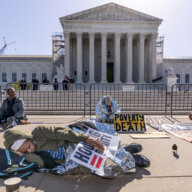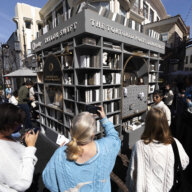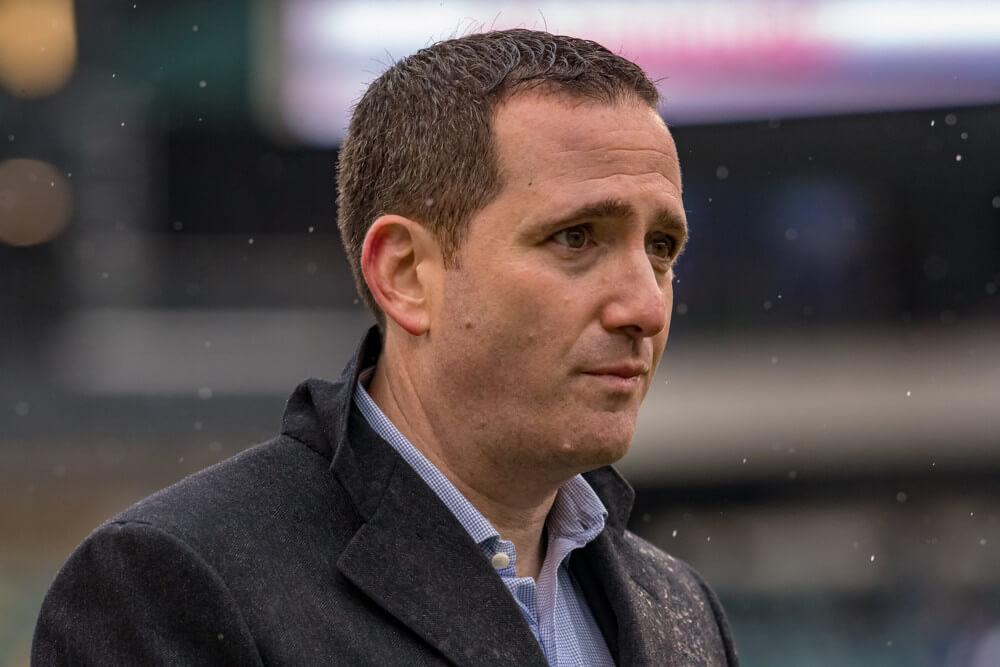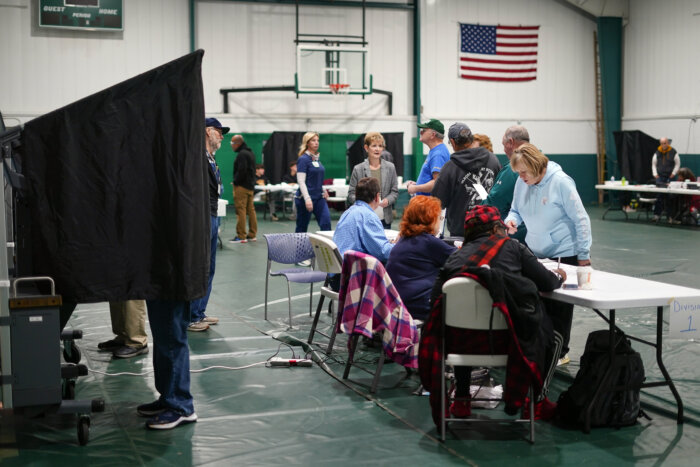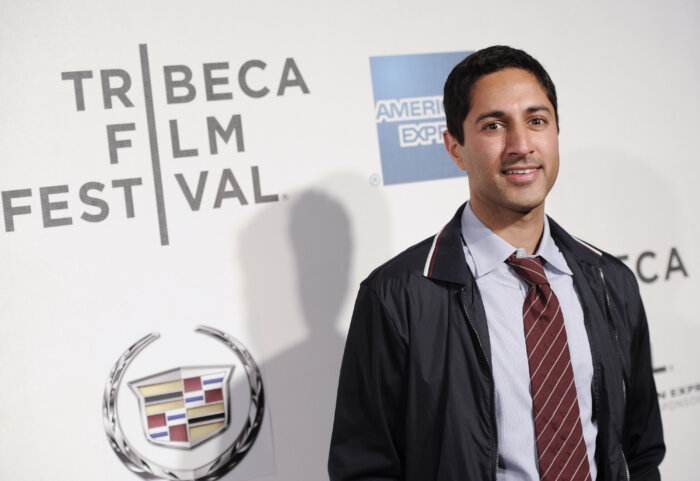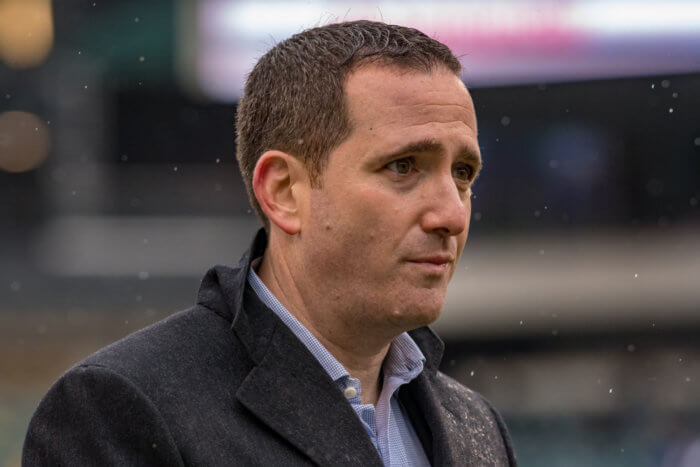Striking Temple University graduate student teaching and research assistants have overwhelmingly rejected a proposed new contract that would have brought their three-week-long walkout to an end.
The Temple University Graduate Students Association said Tuesday night that members had voted 352 to 30 to reject the pact. “The strike continues,” the organization said on its Facebook page.
Laurie Robins, a member of the negotiating committee, told The Philadelphia Inquirer the vote shows the proposed contract is “insufficient to meet the needs of our members” and should tell university officials “that they need to offer a truly fair contract.”
Ken Kaiser, Temple’s senior vice president and chief operating officer, said officials are “incredibly disappointed.” Kaiser, who has been with the university for more than three decades, said it was the first time he could recall that a tentative agreement with the union has not been ratified.
“We’re committed to getting back to the table and hopefully closing any of the gaps and keeping the lines of communication open,” he said. The union also said it was willing to resume talks as soon as Wednesday, the newspaper reported.
The association, which represents about 750 members, began the first strike in its two-decade-long history on Jan. 31 after more than a year of negotiations and no agreement. The students teach core undergraduate courses and assist professors with research.
The university has said about 20% of graduate student teaching and research assistants have not continued to work, but the union said at least twice that many were on strike. Many classes were moved online to accommodate new instructors’ schedules and following reports of intimidation of students and instructors, the university said.
Temple has withdrawn free tuition from the strikers, giving them a month to pay in full or face a late fee and a financial hold that would bar them from registering for more classes. Union leaders have said the university has also been deactivating striking students’ health care accounts.
Temple said last week the proposed agreement included wage increases in each of the contract’s four years, as well as a one-time payment, effective this month. The announcement on the university’s website said graduate students would retain free health insurance for themselves but didn’t mention insurance for dependents, which the union has sought.
The union was seeking to raise average pay from $19,500 a year to more than $32,000, while the university is offering 3% raises that would result in average pay of about $22,000 over the four-year contract. The strikers also wanted health care coverage for dependents and longer paid parental leave and bereavement leave.










